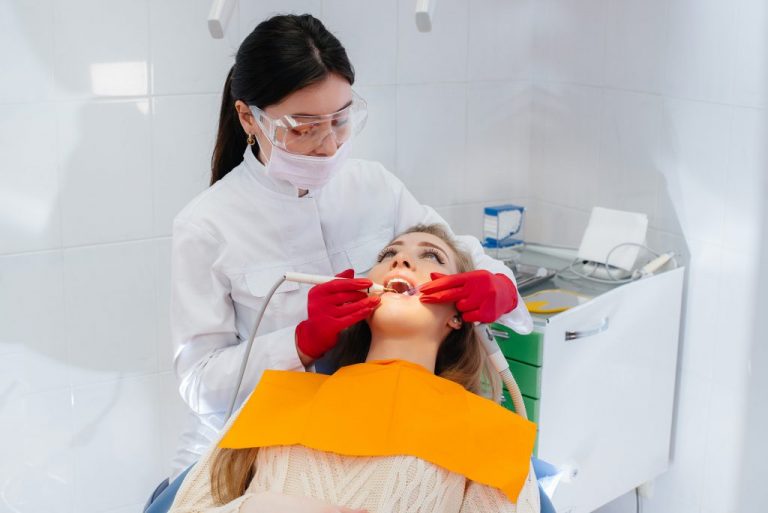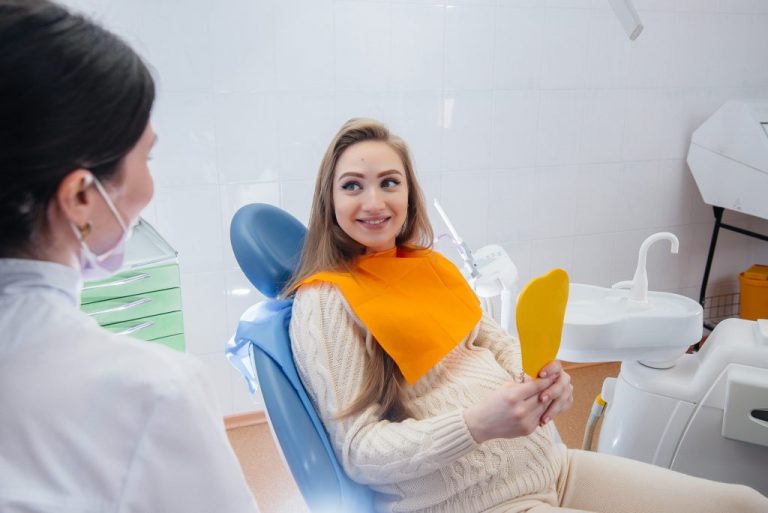About a year ago, I had an interesting encounter on my way back home to Texas after visiting my parents. I was casually chatting with an older female acquaintance as I got situated on the plane. She asked me what kind of medicine I practice. This woman is in medicine, not a physician, but knowledgeable about the varying specialties. I told her that I was an internist working as a hospitalist in Texas. “Oh, you’re just a hospitalist, that’s OK.”


24/7 online Support
We had never participated in a clinical trial before
Our Experts are always ready exercitation ullamco laboris nisi ut aliquip ex ea commodo consequat. Duis aute irure dolor in reprehenderit in voluptate velit esse cillum dolore eu fugiat nulla pariatur. Excepteur sint occaecat cupidatat non proident, sunt in culpa qui officia deserunt mollit anim id est laborum. Sed ut perspiciatis unde omnis iste natus error sit voluptatem accusantium doloremque.
- Personal and Professional Development Plan (PDP) including career planning
- Record of meetings with your educational and clinical supervisors
- Workplace-based assessments
- Sign-off documents
- Reflective reports and other evidence







A promising medication
The medication, called balovaptan, has already shown promising results in adults and has been given breakthrough designation by the Food and Drug Administration (FDA). When Nick decided to enroll in late 2017, the trial was enrolling kids ages 8 to 17. It has since opened to those ages 5 to 7.
“This is the first medication specifically targeting social communication skills in kids with autism,” says Kate Pawlowski, research manager for the study. “Treatments usually mediate symptoms, not the core issues of autism.”





